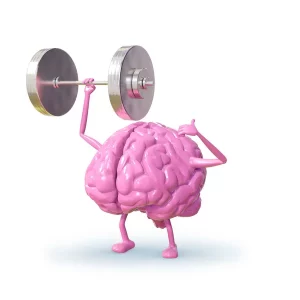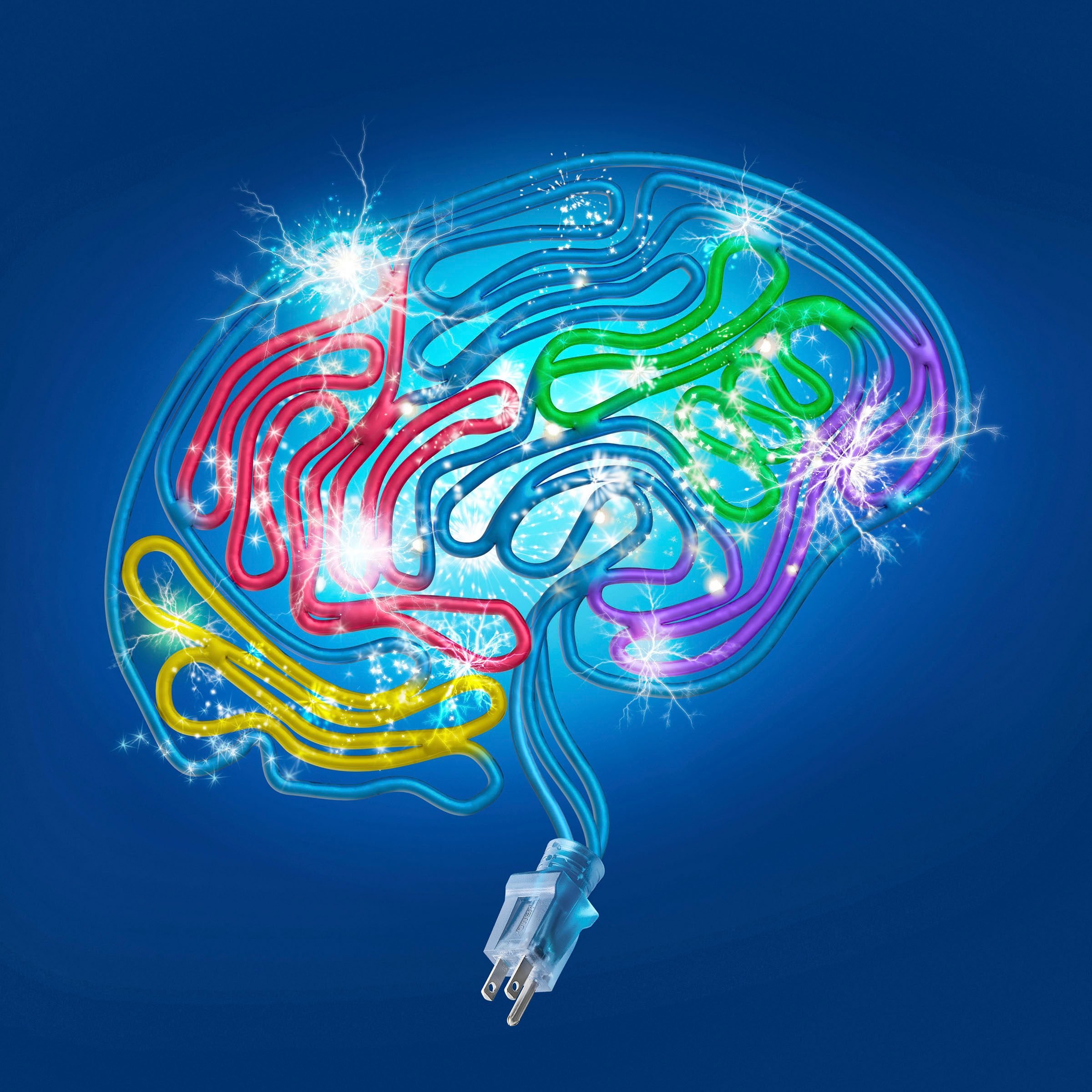Unlock Your Brain’s Potential: 10 Memory Boosters for a Sharper Mind
In today’s fast-paced world, a sharp memory is a valuable asset that can significantly impact our personal and professional lives. Whether you’re a student striving for better exam scores, a professional aiming to excel at work, or a senior looking to maintain mental agility, a strong memory can be a game-changer. Dr. Sarah Mitchell, a seasoned neurologist with over two decades of expertise in cognitive health, is here to guide you through 10 effortless strategies to boost your memory. Let’s delve into these memory-boosting techniques and unlock your brain’s full potential.
Understanding Memory
Memory isn’t a singular, monolithic process; it comprises various types of memory. There’s short-term memory, which helps you recall a phone number temporarily, and there’s long-term memory, which stores cherished childhood memories. Understanding these different memory systems can help you tailor your efforts more effectively.
Short-term memory is like a scratchpad for your brain, allowing you to remember information briefly before it’s forgotten. Think of it as the mental equivalent of a sticky note – useful for temporarily holding onto small pieces of information like a grocery list or a new phone number.
Long-term memory, on the other hand, is your brain’s filing cabinet. It stores information for an extended period, ranging from personal experiences to factual knowledge. The memories stored here can last a lifetime, influencing who you are and how you perceive the world.
Dietary Delights for Your Brain
Your diet plays a significant role in your memory’s health. To boost memory function, include foods rich in antioxidants, omega-3 fatty acids, and essential brain-boosting vitamins.
- Antioxidants, found in fruits and vegetables, combat free radicals in your brain and protect your memory.
- Omega-3 fatty acids, commonly found in fish like salmon, bolster the structure of brain cells and improve memory function.
- Vitamins such as B6, B12, and folate are essential for preventing cognitive decline.
By incorporating these dietary delights into your meals, you provide your brain with the necessary nourishment for optimal memory function.
The Power of Sleep
Quality sleep is the cornerstone of memory consolidation. During deep sleep, your brain processes and consolidates information from the day. This is when short-term memories are transformed into long-term ones.
Dr. Mitchell explains the intricacies of sleep cycles, which consist of REM (rapid eye movement) and non-REM stages. Both are crucial for memory processing, with REM sleep being particularly important for learning and memory.
To enhance memory retention, aim for 7-9 hours of quality sleep per night. Avoiding caffeine and electronic screens before bedtime can help you achieve deeper, more restorative sleep.
Exercise Your Brain

Just as your body benefits from exercise, so does your brain. Engaging in activities like puzzles, crosswords, and learning new skills can stimulate memory function. These activities challenge your brain, forcing it to create new neural pathways and strengthen existing ones.
Sudoku, crossword puzzles, and brain-training apps are excellent choices for brain exercises. They keep your mind active, engaged, and, over time, improve your memory.
Stress Reduction Techniques
Chronic stress can wreak havoc on your memory. The body’s response to stress includes the release of cortisol, which can have detrimental effects on the brain if chronically elevated.
Dr. Mitchell provides practical techniques to manage and reduce stress, ensuring your brain operates at its best. These techniques include mindfulness meditation, deep breathing exercises, and yoga. By incorporating stress reduction practices into your daily routine, you can protect your memory and overall cognitive health.
Mindful Meditation
Mindfulness and meditation can enhance memory and cognitive function. Mindfulness involves paying full attention to the present moment without judgment. Regular practice of mindfulness can improve your working memory and reduce mind-wandering, helping you stay focused on tasks at hand.
Mindful meditation, a specific form of meditation, encourages you to bring your attention to your breath and be fully present in the moment. By incorporating these practices into your daily routine, you can enjoy a sharper mind and improved memory.
Social Connections and Memory
Socializing isn’t just enjoyable; it’s also excellent for your memory. Interactions with friends and family can boost your cognitive abilities. Engaging in conversations and maintaining close relationships can enhance your memory through mental stimulation and emotional support.
Attending social gatherings, participating in group activities, and simply spending quality time with loved ones can have a positive impact on your memory and overall mental well-being.
Memory Aids and Tools
In today’s digital age, you have a plethora of memory-enhancing tools and technologies at your disposal. Dr. Mitchell discusses apps, techniques, and memory aids to help you remember important information effortlessly.
Some of the most effective memory aids include:
- Note-taking apps: Use digital note-taking apps to jot down important information and access it anytime, anywhere.
- Calendar and reminder apps: Set up reminders for important tasks, appointments, and deadlines to prevent memory lapses.
- Mnemonic devices: Utilize memory techniques like acronyms or visualization to recall information more effectively.
These tools can be a valuable addition to your memory-boosting arsenal, ensuring you never forget important details again.
The Importance of Routine
A structured routine can significantly aid memory. Dr. Mitchell explains how maintaining a consistent schedule can make a world of difference in retaining and recalling information. When your brain becomes accustomed to certain tasks at specific times, it’s better equipped to remember and execute them.
Stay Curious and Keep Learning
Lifelong learning is a key strategy for maintaining a sharp memory. Dr. Mitchell encourages you to explore new subjects and hobbies to keep your mind active and engaged. Continuously seeking knowledge and acquiring new skills can stimulate your brain, creating a reservoir of fresh memories and experiences.
By nurturing your curiosity and staying open to new ideas, you can enrich your cognitive capabilities and build a robust memory.
Conclusion
Dr. Sarah Mitchell’s expertise in cognitive health has guided us through 10 effortless strategies for boosting memory. By implementing these techniques, you can unlock your brain’s full potential and enjoy a sharper, more agile mind, regardless of your age.
With these 10 memory boosters at your disposal, you’re equipped to take control of your cognitive health. Remember, enhancing your memory is a journey, not a destination. Implement these strategies into your daily life, and you’ll witness the positive impact on your mental sharpness and overall well-being. Whether you’re a student, a professional, or a retiree, a sharper memory is within your reach.
Dr. Mitchell’s expert guidance is just a click away, ready to help you on your journey to improved memory and cognitive abilities.
Incorporate these strategies into your daily life, and you’ll be well on your way to a sharper, more agile mind. Remember, improving your memory is a gradual process, and these techniques can help you reach your full cognitive potential, regardless of your age. So, start your memory-boosting journey today and unlock your brain’s true potential




